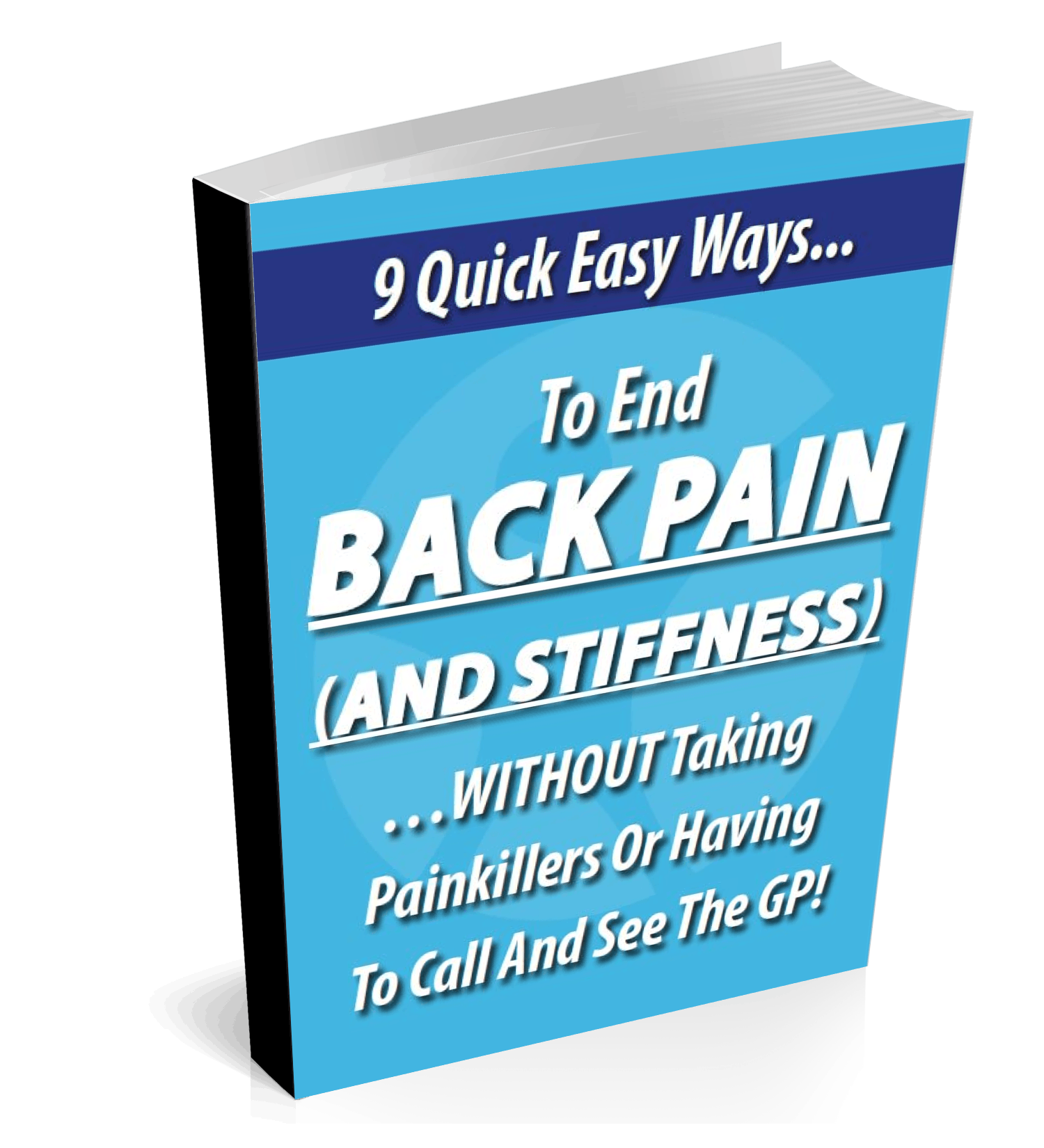Frozen shoulder is a condition in which the shoulder becomes very stiff and difficult to move. It can be extremely painful and make it hard for a person to do everyday activities like lifting their arm or reaching for something. The exact cause of frozen shoulder is unknown but it usually occurs after an injury such as a rotator cuff tear or from a degenerative disease such as arthritis.
It is important to treat frozen shoulder early on because if left untreated, the condition may worsen over time and become more difficult to manage. Pain levels can increase significantly and mobility will continue to diminish until no movement at all is possible in some cases without medical intervention. This can lead to long-term disability that may require more intensive treatment such as surgery.
There are many potential causes of frozen shoulder, including age-related wear and tear of the joint, overuse injuries due to repetitive motion, or a lack of activity that causes the shoulder muscles to become weak and inflexible. Poor posture can also put extra strain on the shoulder and lead to frozen shoulder symptoms. Other risk factors include diabetes and other medical conditions that affect the immune system.
It is important to recognize the signs of frozen shoulder early so that you can take steps to reduce your risk and prevent further damage. Taking regular breaks from activities that cause pain, maintaining good posture when sitting or standing for long periods of time, doing stretching exercises regularly, and avoiding sudden movements or jerking can all help to prevent frozen shoulder.
In this blog we will cover the causes, symptoms and what you can do to treat a frozen shoulder. We will also tell you why physical therapy can help with this issue and why it is important that you seek individual treatment for the pain you are experiencing!
Causes of a Frozen Shoulder
The most common cause of a frozen shoulder is reduced mobility due to injury or illness. When the shoulder joint loses its range of motion, it can become inflamed and painful. Other potential causes include diabetes, stroke, rotator cuff tears, prolonged immobilization after surgery or trauma, and inflammatory conditions such as rheumatoid arthritis.
Certain activities can worsen the issue and should be avoided if possible. These include carrying heavy objects with your arm at full extension; sleeping on the affected side; and any activities that require stretching or reaching. If a person has a frozen shoulder, it is important to modify their daily routine to reduce repetitive movement of the joint.
It is essential for people to understand what causes a frozen shoulder so they can take preventive measures against it. Limited range of motion due to injury or illness can lead to decreased mobility in the shoulder joint, leading to stiffness and pain if not managed properly.
Knowing what activities can make it worse can help people better manage their condition and prevent further damage. Additionally, identifying underlying conditions such as diabetes or arthritis may be key in addressing the root cause of the frozen shoulder. Taking these steps will ensure a higher quality of life for those afflicted with this painful condition.
Symptoms That Occur With A Frozen Shoulder
The signs and symptoms of frozen shoulder can begin gradually with mild pain that worsens over time. Common signs include limited range of motion in all directions (both forward and backward), increased pain when moving your arm away from your body, difficulty sleeping on the affected side due to discomfort, swelling in the area surrounding the shoulder joint, and tenderness or aching in the shoulder.
It is important to recognize these early signs of frozen shoulder since treatment becomes much more complex when the condition has progressed. Early diagnosis and treatment can help prevent further joint damage, reduce inflammation and improve mobility. Physical therapy is used to improve range of motion in order to reduce pain and stiffness. Other treatments may include oral anti-inflammatory medications, steroid injections or even surgery if necessary.
Recognizing the signs and symptoms of frozen shoulder should be a priority for anyone experiencing shoulder pain or reduced range of motion. Early diagnosis can lead to better treatment outcomes and improved quality of life by reducing pain, swelling and restoring full range of motion in the shoulder joint. If you are concerned that you may have a frozen shoulder, it is best to consult your doctor or healthcare provider as soon as possible for proper assessment and care.
Treating a Frozen Shoulder
Treatment for a frozen shoulder typically consists of exercises and stretches, as well as physical therapy. Exercises should focus on strengthening the rotator cuff muscles that surround the shoulder joint and help to support it. These exercises can be done at home or with the guidance of a physical therapist or doctor. Additionally, stretching exercises can also be beneficial in helping to increase flexibility and range of motion in the shoulder joint.
Physical therapy is another great option for treating a frozen shoulder. A physical therapist can provide hands-on treatments like manual therapy, massage, heat/cold therapies, ultrasound, electrical stimulation, and more to help reduce pain and stiffness associated with a frozen shoulder. They may also give you specific exercises to do at home which will help improve your range of motion and strength in the shoulder joint.
Overall, frozen shoulders can be treated with a combination of exercises and stretches, along with physical therapy interventions. Taking these steps can help reduce pain, improve flexibility and range of motion, and get you back to doing activities that you enjoy as soon as possible.
If you are looking for answers when it comes to a frozen shoulder and want to get back to doing the things you love, make sure that you contact us at BodyWorx Physical Therapy and Concussion Center so we can get you started on your recovery process!
Are You Dealing With A Frozen Shoulder? Come see us!
If you are dealing with shoulder pain and want to begin the conversation on treatment options, feel free to schedule a free phone consult.Or contact us to arrange a Free Shoulder Pain Assessment. You can also feel free to give us a call at 316.558.8808 (We still like to talk on the phone!)
We also have videos that will help with shoulder pain on our YouTube channel.
If you think you may have a frozen shoulder or you are dealing with pain, make sure to contact us and we can help!
We love to keep people in Wichita, Andover, Derby, and Maize (as well as the surrounding areas in Kansas) mobile, active, and off pain pills. Let our expertise go to work for you to help you return to the activities you love.
Don’t forget, you can schedule a no-obligation (and free!) phone consult or visit us at our Wichita clinic as part of your shoulder pain assessment visit. Or just give us a call at 316.558.8808.
Until next time,
Cody Barnett PT
Other Free Resources…
Read Our Blog – 5 Exercises To Help A Frozen Shoulder
Subscribe to Our YouTube Channel – Bodyworx Physical Therapy YouTube Channel
Follow Us On Social Media – Bodyworx Physical Therapy Facebook



